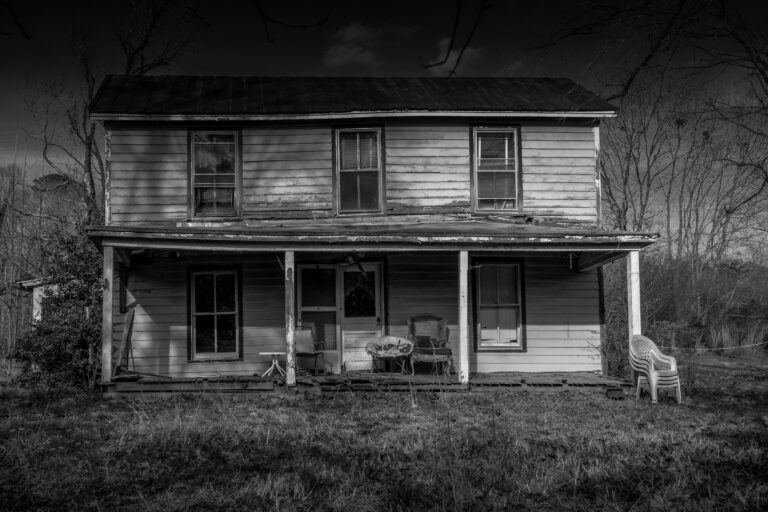(The Center Square) — A trio of bills in the Louisiana Legislature could help Shreveport in its battle to combat blighted properties and the misappropriation of tenant funds.
Senate Bill 63, House Bill 262 and HB512 are supported by the Shreveport City Council, which could pass a resolution urging their passage on Monday.
SB63 allows municipalities to file liens to recover water and sewer bills that have not been paid by multifamily residential properties. An ongoing issue in Shreveport concerns apartment complex landlords not paying tenants water and sewer bills with funds given to them, which results in their utilities being shut off.
In late February, Rep. Steven Jackson, D-Shreveport, was pushing for stricter legislation surrounding this issue. HB6 sought to implement criminal penalties for complex owners who misuse tenant funds. Caddo Parish has experienced many instances of tenants being forced from their homes due to their landlord’s failure to pay their utilities.
Sen. Samuel Jenkins, Jr., a Shreveport Democrat whose district consists of parts of Bossier and Caddo parish, introduced SB63. Jackson and Jenkins are seeking to correct the ongoing issues of blight and misappropriation of funds by landlords in the city.
HB262, introduced by Rep. Tammy Phelps, a Shreveport Democrat whose district is in Caddo Parish, concerns removing unauthorized individuals from properties. The bill addresses trespassing and clarity on when an officer can arrest or enforce the removal of someone from a property.
The bill replaces the term squatter with “adverse possessor,” noting the meaning as any person who remains in or upon the property to which the person lacks a right of possession, ownership, occupancy, or lease interest.
HB512, also introduced by Phelps, focuses on criminal blighting of properties. The bill proposes that blighted property includes properties occupied by tenants with a right of possession, ownership, occupancy, or a lease interest or by “adverse possessors.”
The bill also looks to add a representative, agent of the property owner, or anyone with custody, control, or ownership of the property to those who can be held responsible for the blight.

